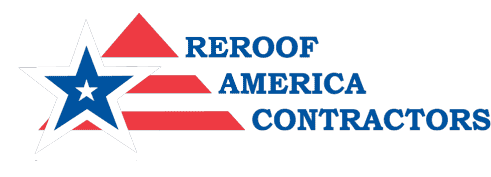Thick Metal Gauge: An Added Shield on Your Roofing System
You've thought about getting a new roof, and after reading up on your options, you're interested in metal roofing. It is impossible to decide between all the available gauges, colors, and panel styles today. Using these indicators, expert roofing companies can assist you in determining the rest of your concerns.
However, remember that you'll need to choose the type of metal roofing panel and the paint finish before selecting the thickness of your metal roof. Here, we'll go over some considerations that will help make this call and select the correct gauge of metal for your roof. Here are some crucial points to note.
Roofing panels should consist of metal.
Painting methods and materials.
Why should one use a metal gauge over a solid wood deck?
We need to know what gauge will work best when installation occurs over metal purlins.
Examining the variations in gauge between the two uses.
Deciphering the Definition of Metal Gauge
When discussing the thickness of a metal sheet for roofing panels or shingles, roofers will often use the term "metal gauge."
A roofing company can help customers choose the best metal roofing material and gauge for their home based on expected weather conditions and the customer's financial situation.
In this piece, we'll break down the scenarios in which using a thicker or thinner gauge makes sense. It's sometimes obvious what metal roofing gauge to get. The thinner the metal roof, the higher the gauge number. So, 24 gauge is thicker than 26 gauge, and 29 gauge is thinner. Metals add another layer of complexity because measurement occurs using different scales. Copper has a unique thickness compared to steel.
Roofing companies typically use heavier gauge products for commercial buildings due to their larger roofs and the need to withstand stronger winds. They use lighter gauge products for homes that havesmaller roof sizes and decreased risk of blowing off in high winds.
However, roofers still advise clients to go with residential product lines thicker than the standard 29 gauge panels if they live in a warranted area or want to purchase the best option for safeguarding their home.
Clarifying the Pros & Cons of Thicker Metal Gauge
Even for residential applications, roofers typically advise assembling thicker gauge metal products at a higher cost due to the many advantages these products provide, according to metal roofing companies in OKC.
Prolonged Durability
Despite any protective coating, rust eventually forms on metal. Roofs can get protection from rust around edges and fastener holes for a more extended period if the metal used to construct them is thicker.
Keeps its Good Looks
Thicker metal products are more resistant to the daily wear and tear that weather initiates. That helps the roofing systems to retain their ideal shape for prolonged periods.
Reduced Rain Noise
Thicker panels supported by underlayment and decking reduce the noise caused by rain falling on the roof compared to thinner panels.
The higher price tag is the primary drawback of roofing materials with a more significant gauge. In contrast, 22 gauge roofing is quite a bit more expensive than the typical 29 gauge options, but the benefits compensate for the higher price tag.
What Do Popular Metal Roofing Companies Have to Say?
Roofing companies that specialize in installing metal panels and shingles are an excellent investment. Homeowners should consider the various gauges available for their preferred roofing material before making a final decision. Metal roofing has advantages and disadvantages, and roofing companies with experience installing this material on homes can help their clients weigh those options.
Holding the Helping Hand of Reroof America
Reroof America Contractors is one of Oklahoma's leading metal roofing service providers. Our team has experienced roofers with accurate skills and expertise. When you give us a chance, we never let you down. Try now!

